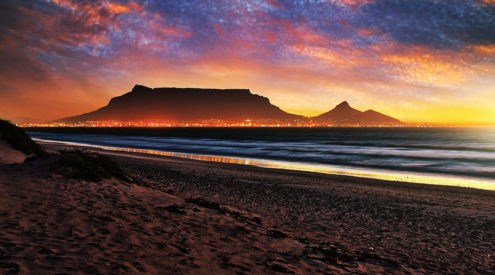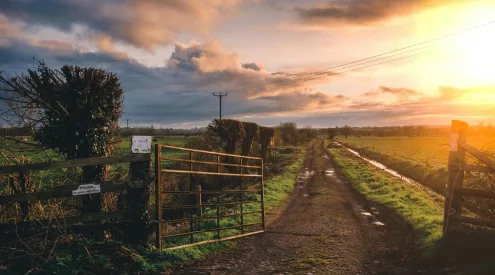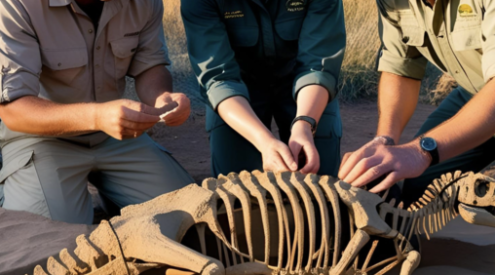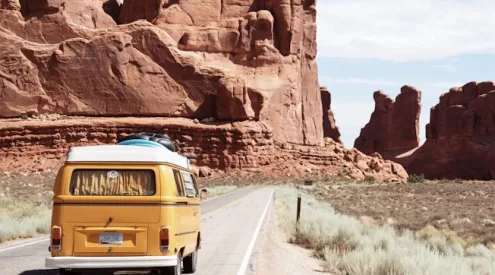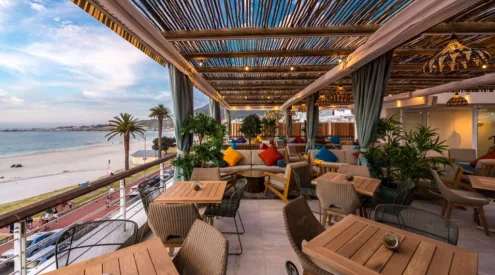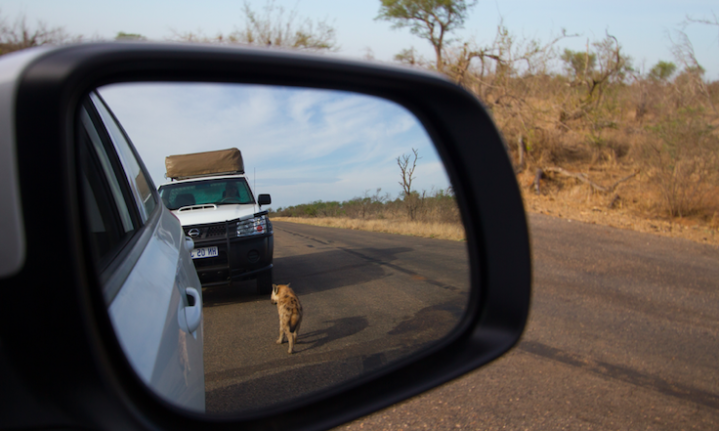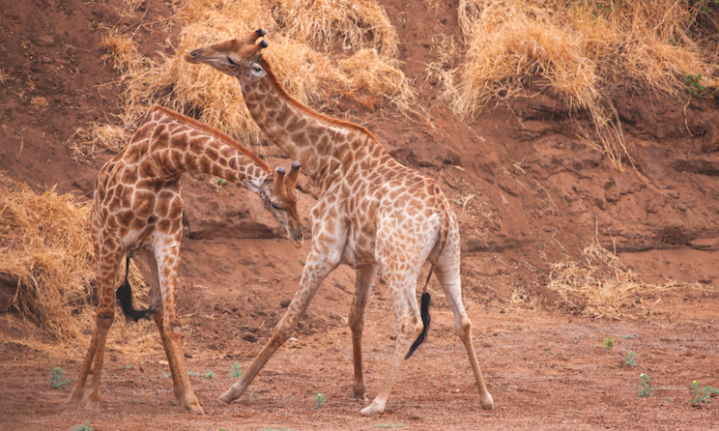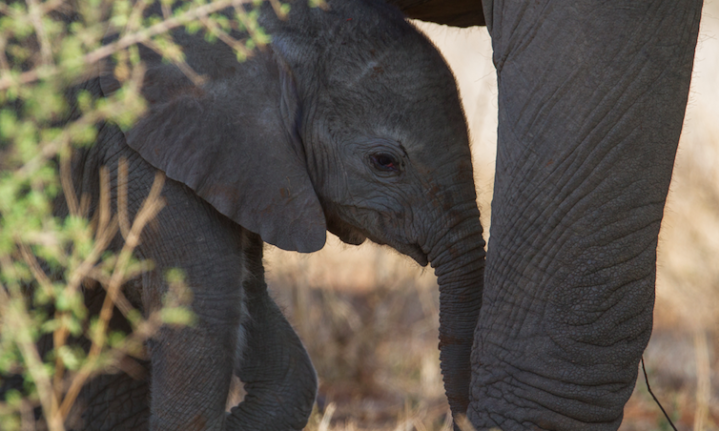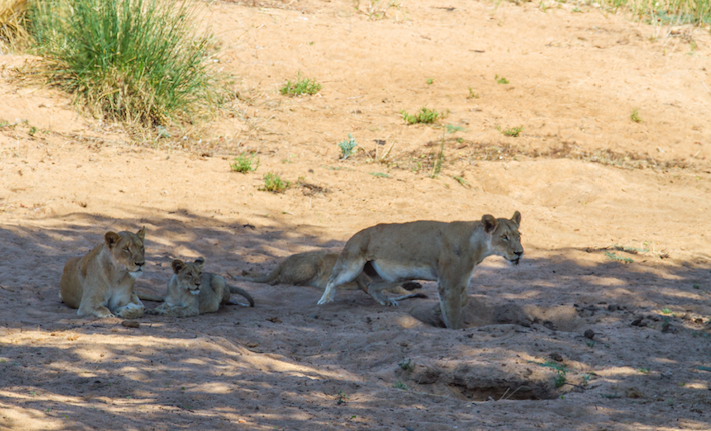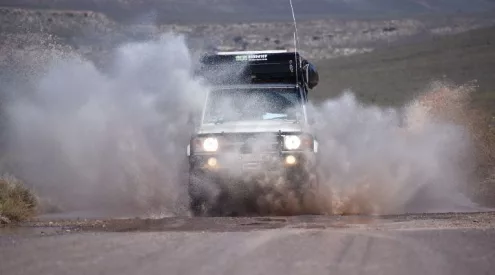In this, the second part of our series on the Van den Bergs’ Best Drives in Kruger, we bring you three routes in the central region, encompassing the area from Tshokwane Picnic Site to just north of Letaba rest camp.
H1-3
Tshokwane – Satara Road
Visibility from this tarred road is excellent and it passes reliable water sources which means game is plentiful. The only downside might be too much traffic. The landscape is characterised by undulating plains without high ridges or hills and almost the entire road runs through fertile savannah underpinned by basalt, covered by a layer of calcrete. The grasses are therefore sweet, the grazing is good and the landscape is mostly open with knobthorn and marula trees dominating.
A few big dams and pans add to the attraction. In the region of Kumana Dam stands the southernmost naturally-occurring baobab tree. This is prime country for giraffe, but all other species of game are here in abundance. Be sure to stop for a moerkoffie or breakfast at Tshokwane restaurant and picnic site.
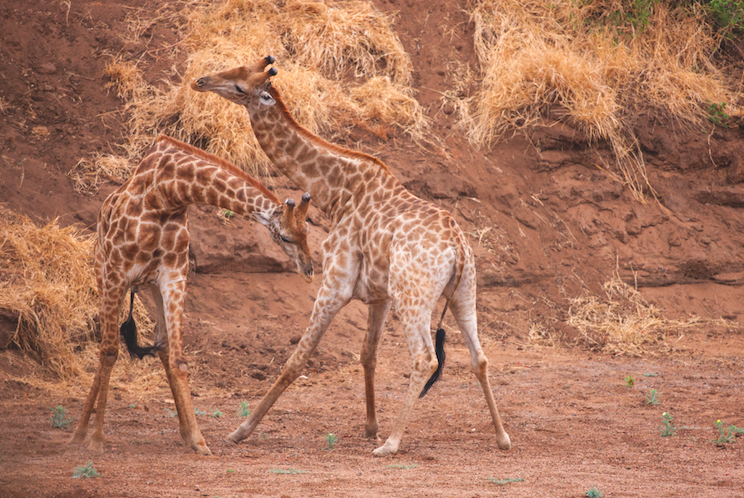
Necking is a familiar activity among giraffes, the tallest mammal on Earth. Image credit: Heinrich van den Berg.
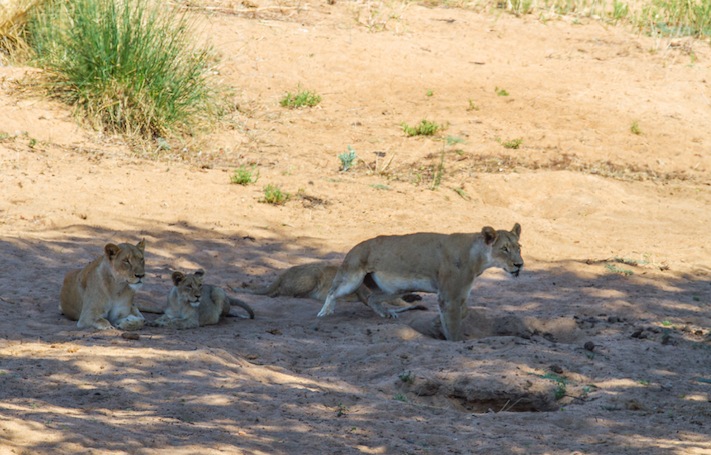
A pride of lionesses and cubs keep a beady eye on ‘their’ pool in the dried riverbed north of Tshokwane. Image credit: Catherine Hofmeyr
S100
N’wanetsi River Road
All the best conditions for game viewing are present on this road. It runs parallel to the perennial N’wanetsi River which has deep, water-retaining pools bordered by lush and beautiful riverine vegetation. Several shallow pans retain water in the rainy season, and there’s open grassland savannah providing the best visibility. The riverine vegetation attracts giraffe, kudu, bushbuck and nyala. No wonder this is called supreme predator country because where there’s prey in such abundance, predators follow. In spite of the dusty, bumpy gravel surface, this road is one of the best places to see lion prides, leopard and hyena.

Kudu in Kruger National Park. Image: Sarthak Navjivan.
H1-6 & S95
Letaba River loop
The first few kilometres on the Letaba Camp side of the H1-6 and the S95 loop – as far as the bridge over the Letaba River – are magical. The loop runs parallel to the Letaba River, offering splendid views over the wide expanse towards the opposite bank and is fringed by lush riverine bush.
You can expect to see large hippo pods and crocodiles sunning themselves on the bank, elephants, waterbuck, waterbirds, raptors and many others. On the riverbank, monkeys and baboons entertain each other, while giraffes feed on the acacias and elephant bulls trudge along. Warthogs and impalas go about their business, and bee-eaters swoop down to catch insects.
The high bridge over the Letaba shows the magnitude of this perennial waterway that carries huge volumes of water to the Olifants River after good rains. In times of drought, stagnant pools remain and are an important life-sustaining source of water along its entire course. Large quantities of sand are carried down with the water and are deposited as sandbanks along the way.
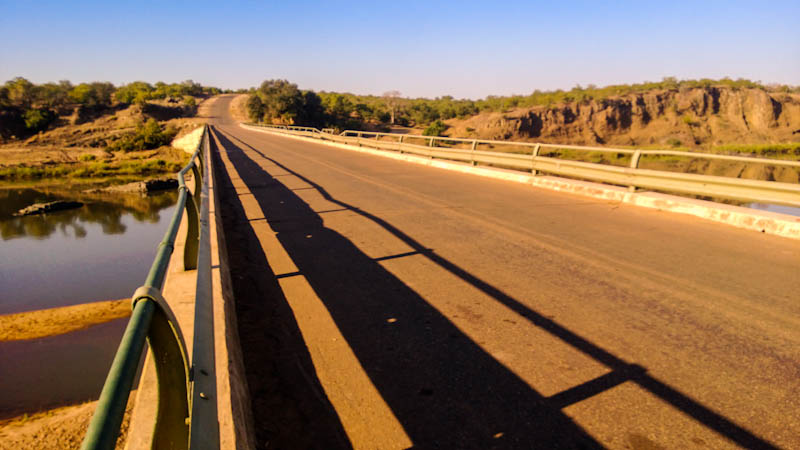
The high level bridge that runs over the Letaba River. Image credit: Getaway Gallery.
Plan a trip
The Kruger Self-Drive guidebook by Ingrid, Heinrich and Phillip van den Berg, will give you all the information you need, from routes and road ratings to maps and camp details. Use the discount code GETAWAY to order it for R476. hphpublishing co.za
When you can stay over
SANParks accommodation in Kruger starts from R390 for a campsite (two people), and around R1 580 for a basic bungalow, sleeping two. Letaba is one of Getaway’s favourite rest camps in the entire park. Book a bed there if you can (sanparks.org).
Read: Kruger National Park driving routes: The south
Words: Ingrid van den Berg
Image credit: Catherine Hofmeyr

